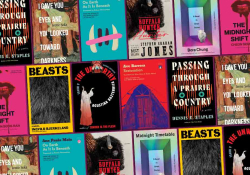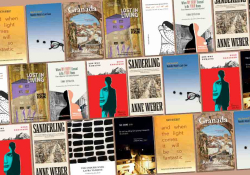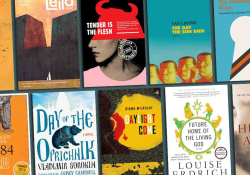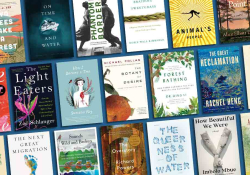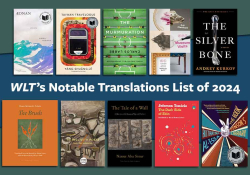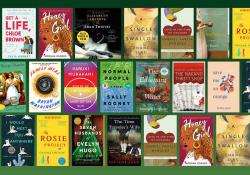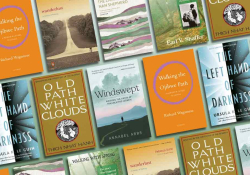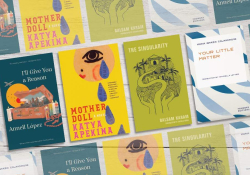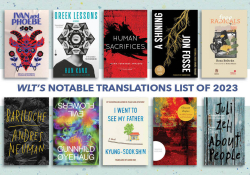Recent Palestinian Literary Activism
Poetry has a long history in the Middle East (as author Khaled Furani examines in one of the new books listed below), and Palestinians in the footsteps of Mahmoud Darwish and many other predecessors are turning to poetry and forms of new literacies to deal with the political turmoil of the Israeli-Palestinian conflict.
Palestinian writer Susan Abulhawa recently published a poem for Samer Issawi, the Palestinian activist currently imprisoned in Israel. In February 2013, a movement began to increase awareness of the state of Issawi and a few other Palestinian prisoners who had all been on a hunger strike since August 2012. Also in February, Palestinian-American poet and human-rights activist Remi Kanazi performed poetry regarding the Israeli-Palestinian conflict and injustices in general for student activist groups at Swarthmore College.
A Ramallah-based youth program is working to aid Palestinian youth in personal expression, giving them skills to create graphic novels and a medium to relate their childhood experiences under occupation. The program is called Palestine Through Graphics.
Recent Palestinian Literature: Poetry, Novels, and Nonfiction
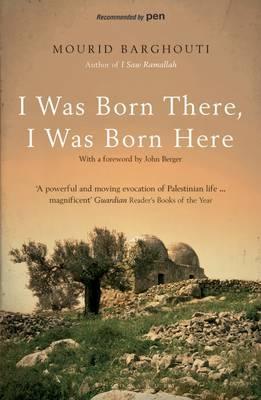
I Was Born There, I Was Born Here (2012), Mourid Barghouti, tr. Humphrey Davies
The second volume of Barghouti’s memoirs, I Was Born There, I Was Born Here, offers tales of family, dark humor, and observation. Recounting the exiled poet’s return to his homeland with his son, the memoir presents perspective on the daily lives of ordinary Palestinians, living in a world wracked by unpredictability and turmoil.
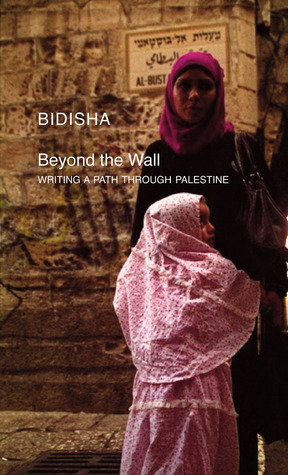
Beyond the Wall: Writing a Path through Palestine (2012), Bidisha Mamata
Beyond the Wall is writer Bidisha’s collection of testimonies from various people involved with Palestine: its ordinary people, reporters and other travelers, activists, and children. Through the array of the nation’s voices, Bidisha analyzes the culture and the concept of occupation within the context of the Israeli-Palestinian conflict.
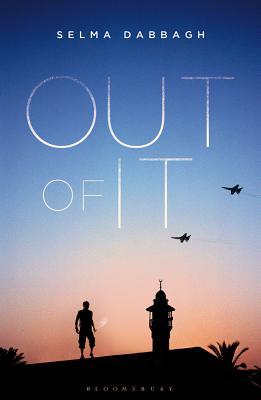
Out of It (2012), Selma Dabbagh
British-Palestinian author Selma Dabbagh encases the life of Palestine within the complex narrative of three siblings and their hopes, loves, and work in Gaza, London, and the Gulf. A brother earns an escape through a scholarship to London, while his sister lives in frustration with the nation’s inaction, and their handicapped brother writes his own national narrative. Out of It uncovers tragedies of both family and nation, universal and specific to the context of Palestine.
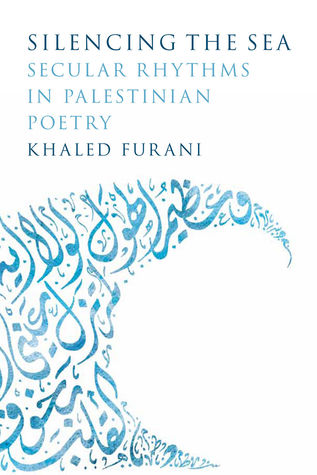
Silencing the Sea: Secular Rhythms in Palestinian Poetry (2012), Khaled Furani
Silencing the Sea is a study of the poets of Palestine—intertwining their debates about their art with the political, religious, and intellectual states of Palestine as a whole. As the historically standard Arabic form, poetry remains the chosen method for the preservation of memory of exiled Palestinians, providing the lens for Furani’s examination of the Palestinian struggles of power, knowledge, and language.
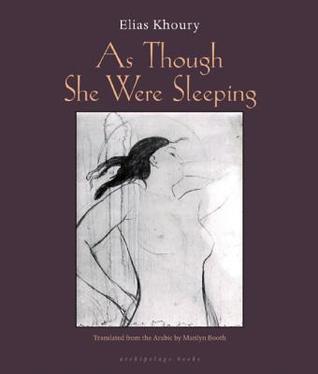
As Though She Were Sleeping (2012), Elias Khoury, tr. Humphrey Davies
As Though She Were Sleeping recounts a marriage between a Lebanese woman, Milia, and an older Palestinian man, as Milia prepares to give birth in 1947 Jaffa—a city then preparing for ethnic cleansing. Despite the imminent trauma of the city, Milia’s focus is on giving birth to her child, and the narrative form follows Milia’s singular way of relating to life and tragedy through the reality of her dreams and memories.
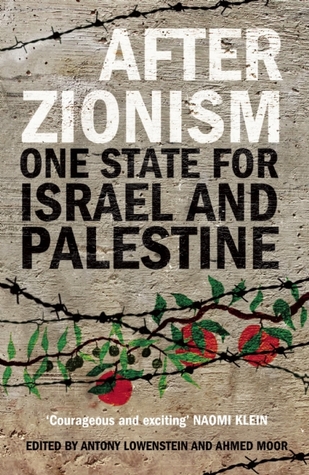
After Zionism (2012), edited by Antony Loewenstein and Ahmed Moor
After Zionism is a collection of essays by current activists of the Middle East, including Omar Barghouti, Ilan Pappe, and Jonathan Cook. The essays discuss the Israeli-Palestinian conflict itself and possible approaches to a one-state solution to the conflict, acknowledging the irreversible entanglement between the two nations.
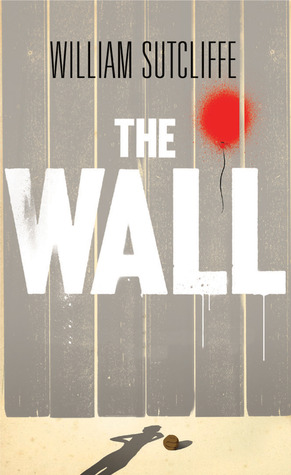
The Wall (2013), William Sutcliffe
British author William Sutcliffe’s first young-adult novel is one for both younger and older readers, for those interested in real-world political turmoil and those interested in a tale of a young boy’s forays into the unknown. A boy loses his ball across a boundary that no one ever returns from; in retrieving his ball, he discovers a world across the wall that’s both foreign and dangerous.
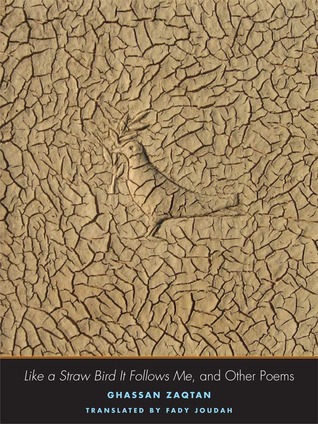
Like a Straw Bird It Follows Me (2012), Ghassan Zaqtan, tr. Fady Joudah
Like a Straw Bird It Follows Me is the first of Palestinian poet Ghassan Zaqtan’s ten poetry collections to be translated into English. Zaqtan departs from the wistful, idealizing aesthetics of other Palestinian poets like Mahmoud Darwish into more narrative, quotidian territory, and deals with such subjects as dislocation and peripheralization.
Editorial note: For more on Palestinian literature, see Persis M. Karim’s interview with Raja Shehadeh in WLT’s May 2012 issue and Adania Shibli’s “A Lesson in the Nature of Revolution” in WLT’s July 2012 issue.
